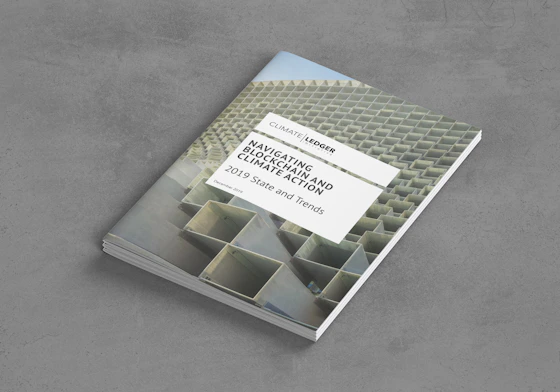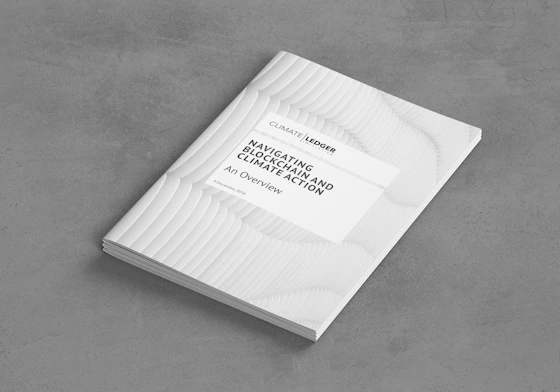In 2024, a digital version of the SDG Impact Tool was released Visit the SDG Impact tool to further enhance the reporting, quantification and verification of impactful contributions towards the Sustainable Development Goals (SDGs). This tool is part of the work to digitalise Gold Standard for the Global Goals and streamline the project certification process, intending to decrease complexities of the process and increase efficiency in issuing credits. It simplifies the reporting, quantification, verification, and certification of the safeguarding principles assessment and the sustainable development impact of Gold Standard projects. Project Developers can input SDG impact data, submit projects to Auditors and Reviewers for evaluation, and receive results and feedback within the tool – reducing administrative work and creating one channel of communication for key stakeholders. It can also be used by countries hosting projects to set the SDG indicators that align with Nationally Determined Contributions (NDCs).
In addition, a new public ‘SDG Impact Dashboard’ was released at the same time, which showcases climate and SDG impact data from Gold Standard projects, across time, location, technology type, and more. The Dashboard offers access to key project data in visualisations, leading to better informed decisions by project supports, investors, host country governments, and other market stakeholder. This new development supports the call for increased access to, and better use of, data across the carbon market.
There are plans for the Tool to be further developed over time, including expanding the scope of SDG indicators, and for the Dashboard to be advanced to showcase more granular data sets.










